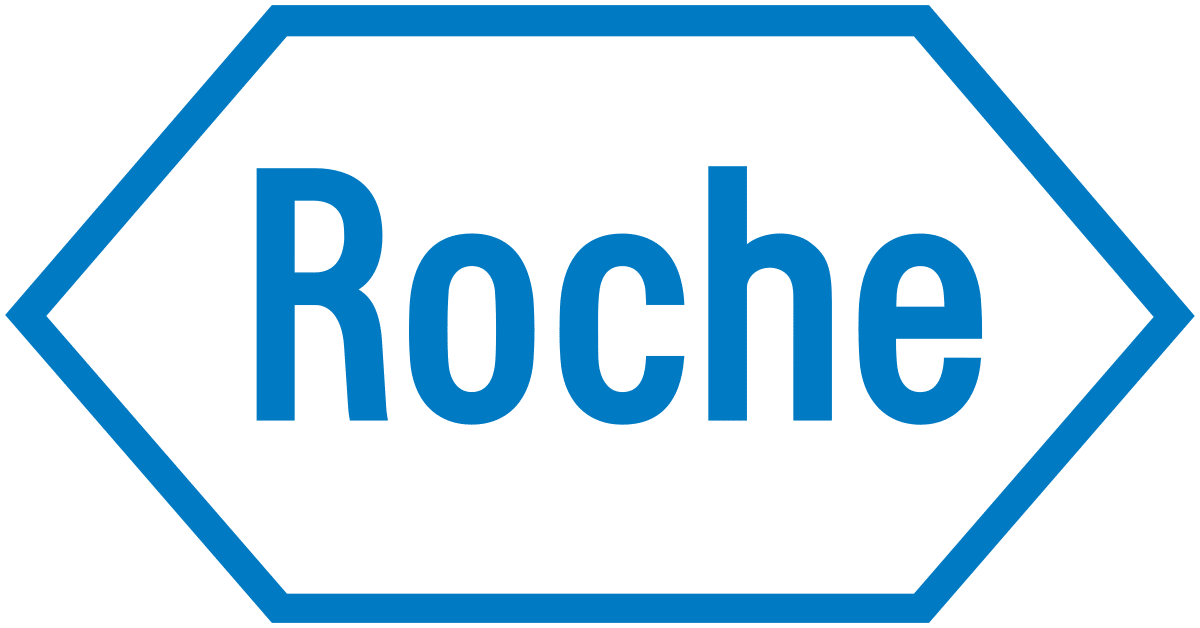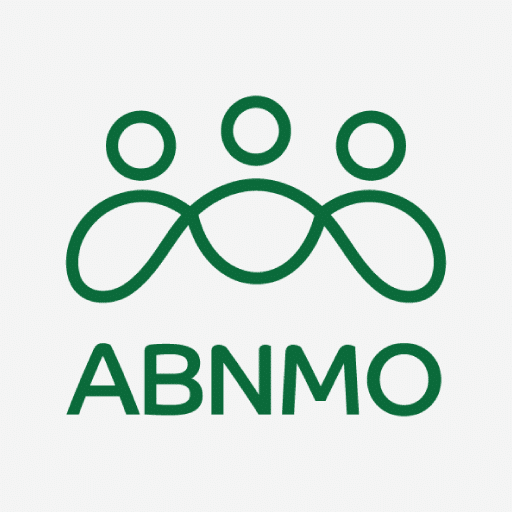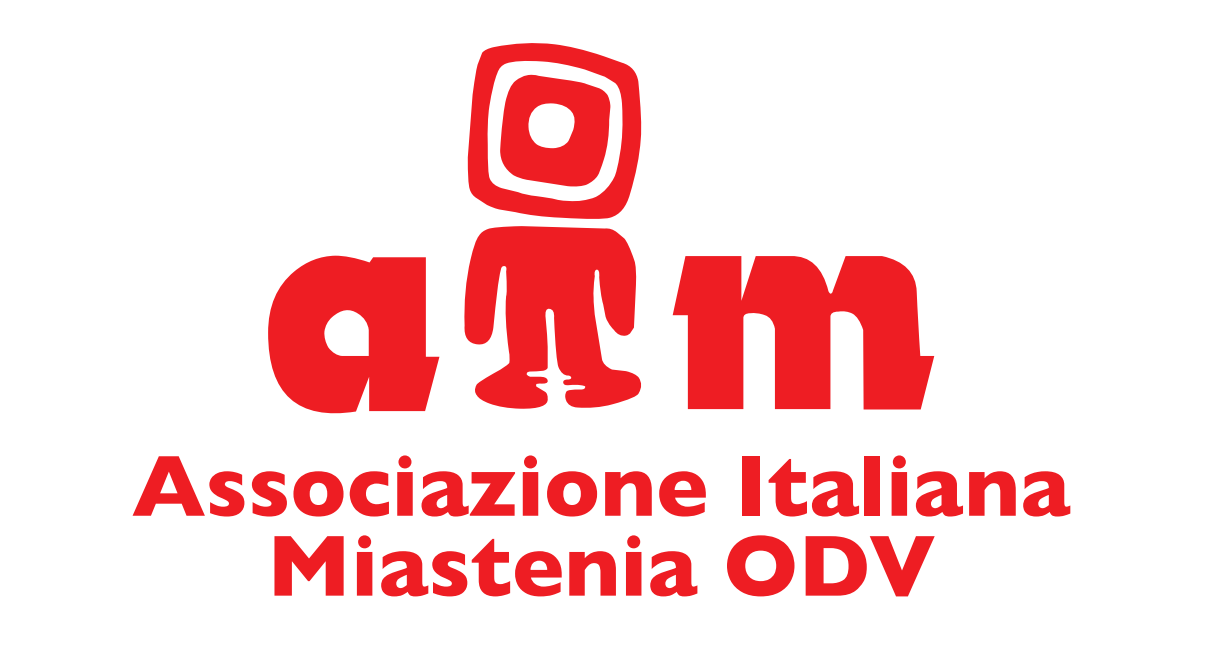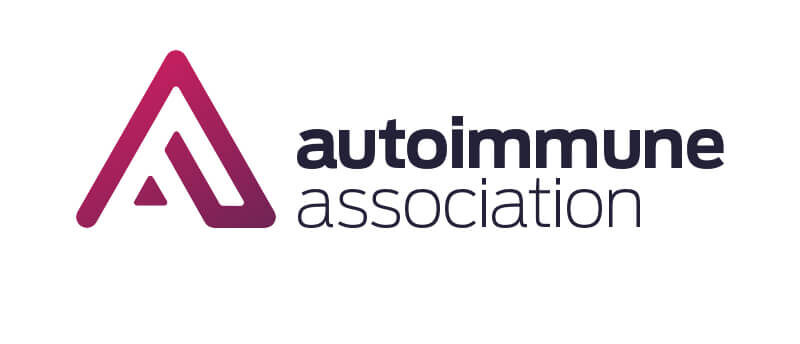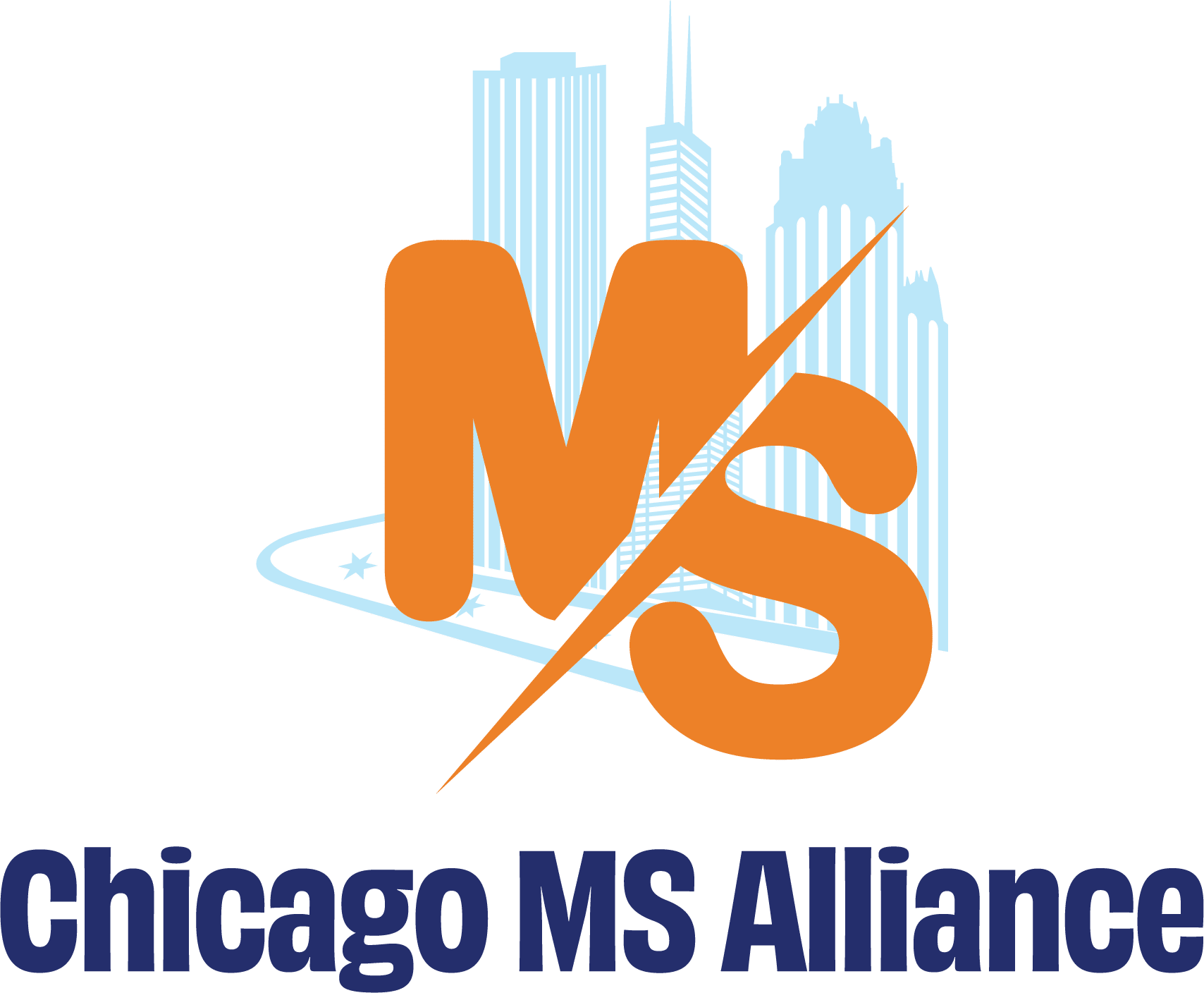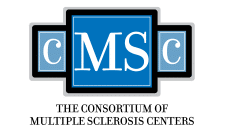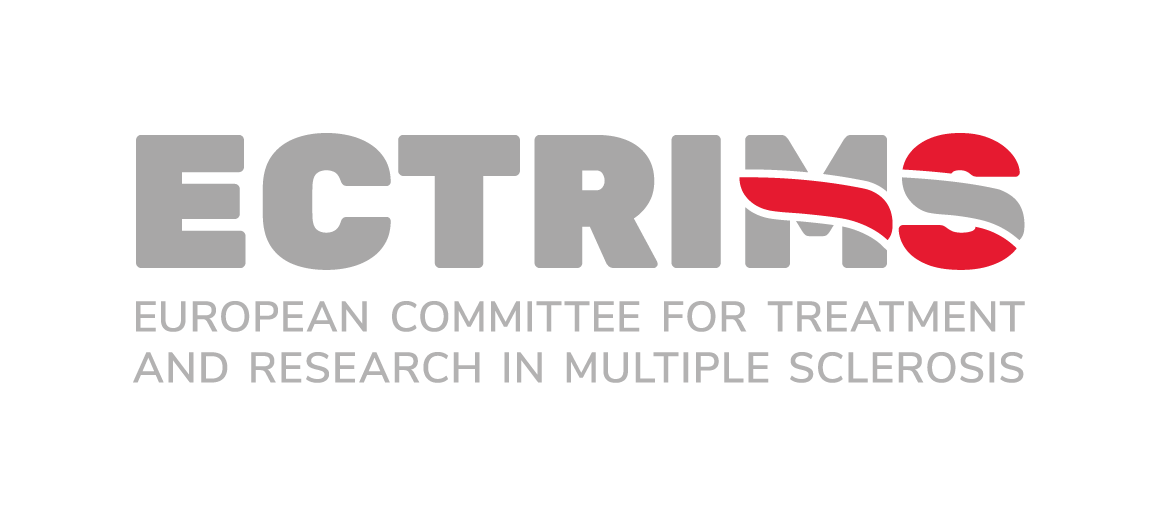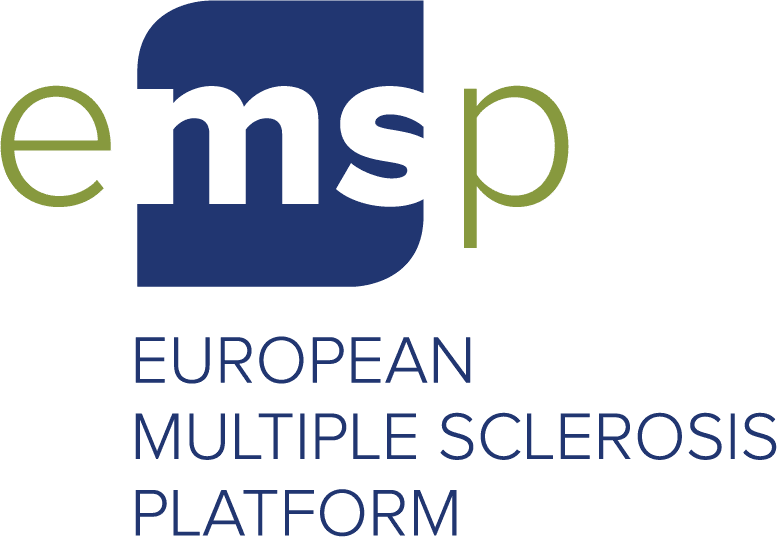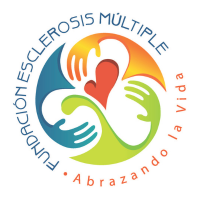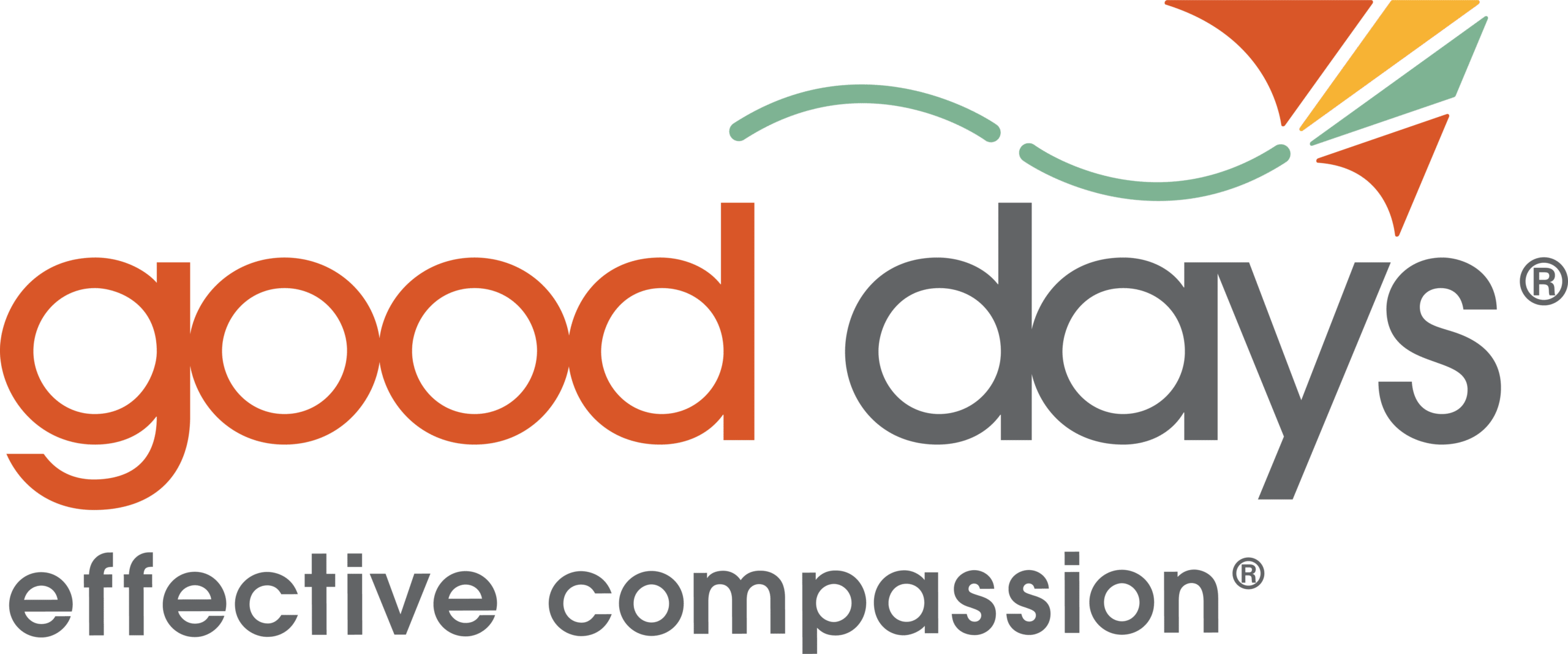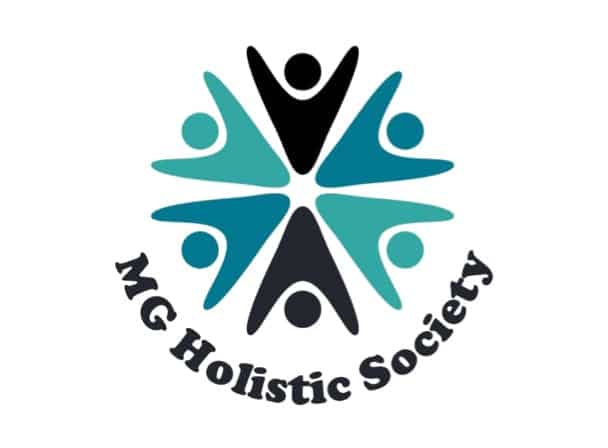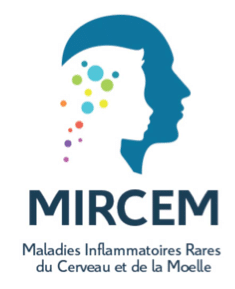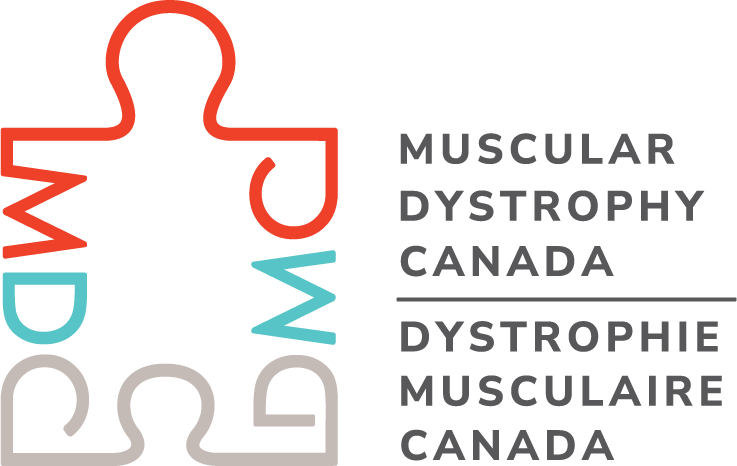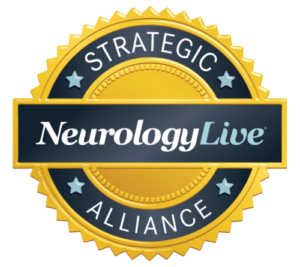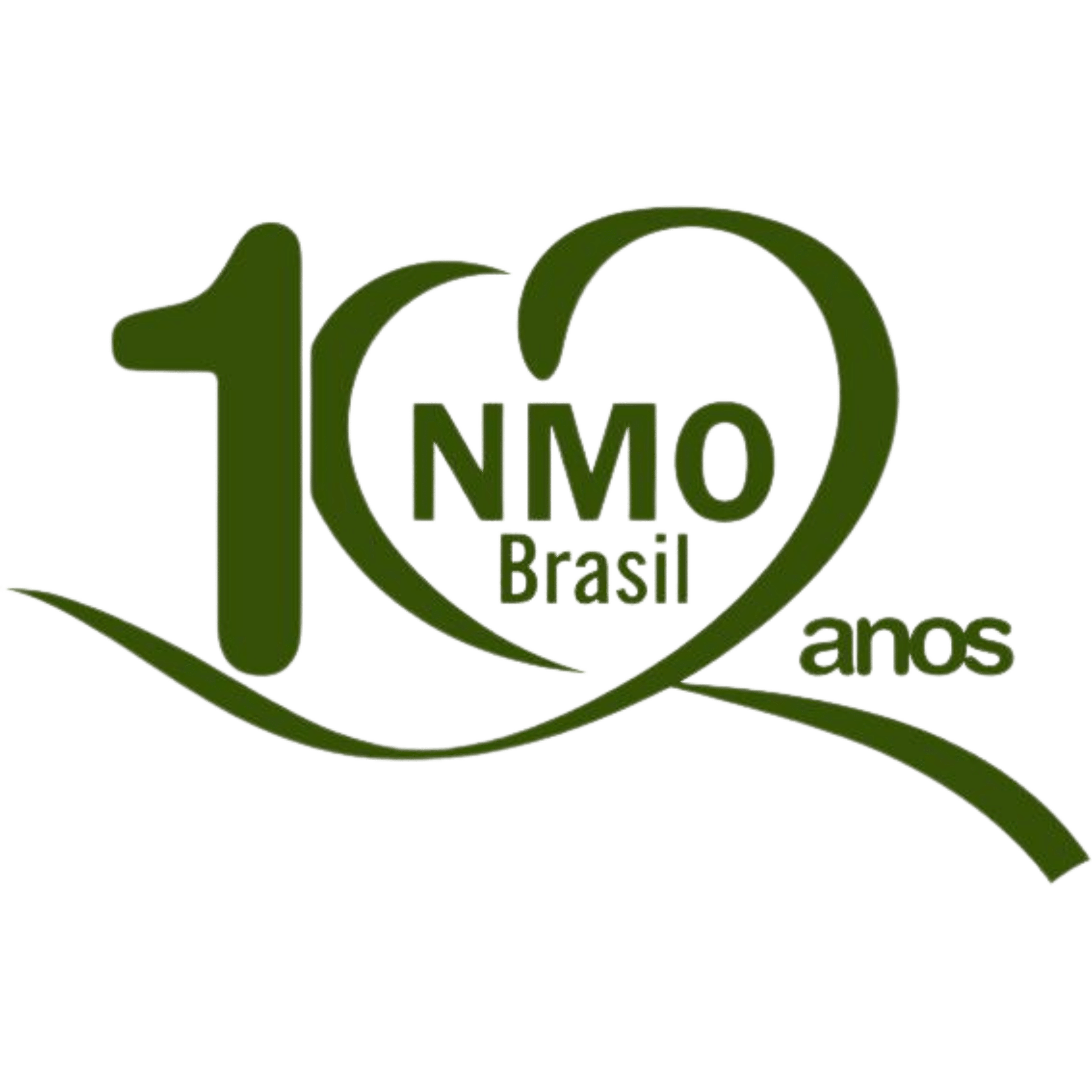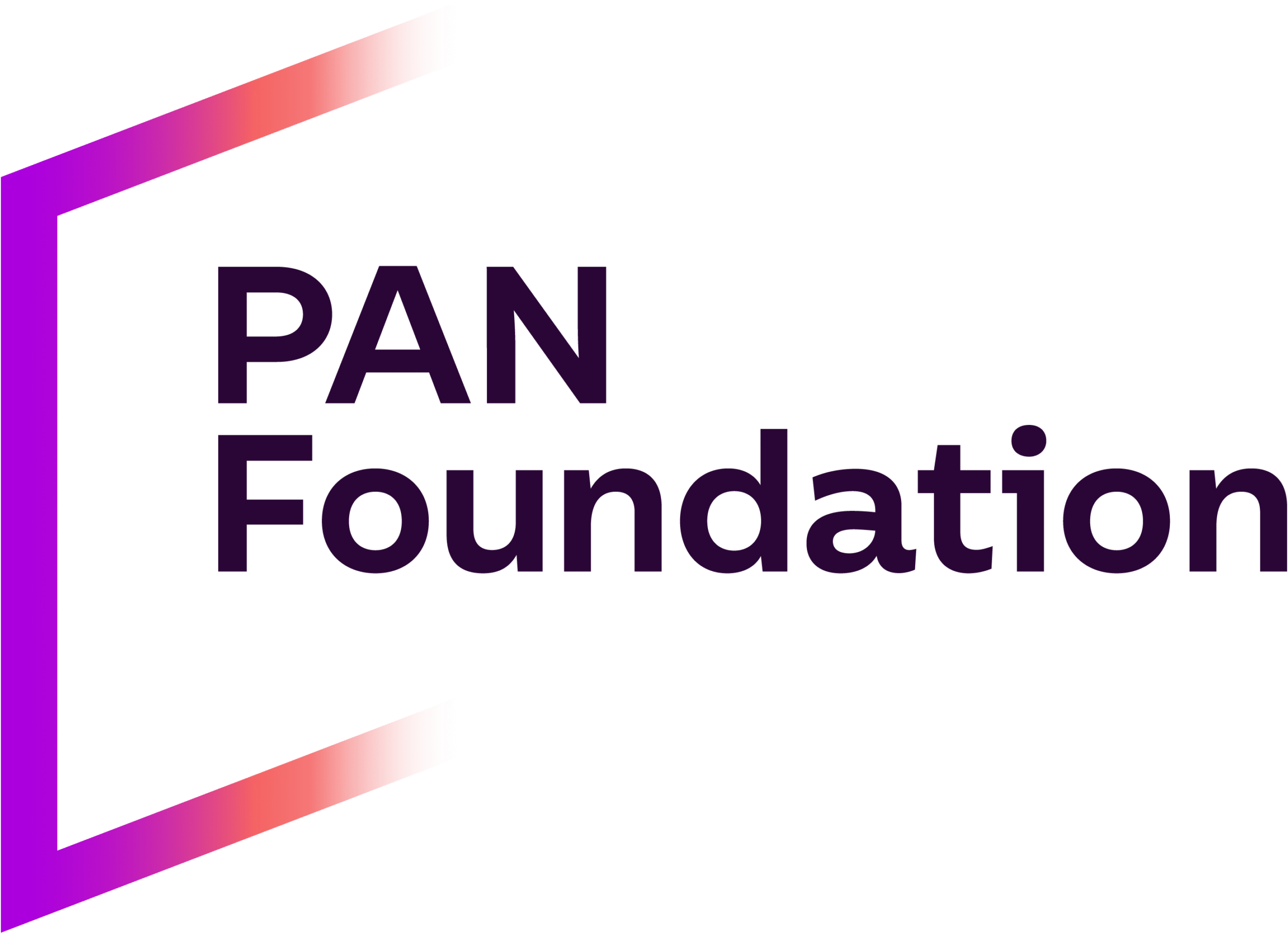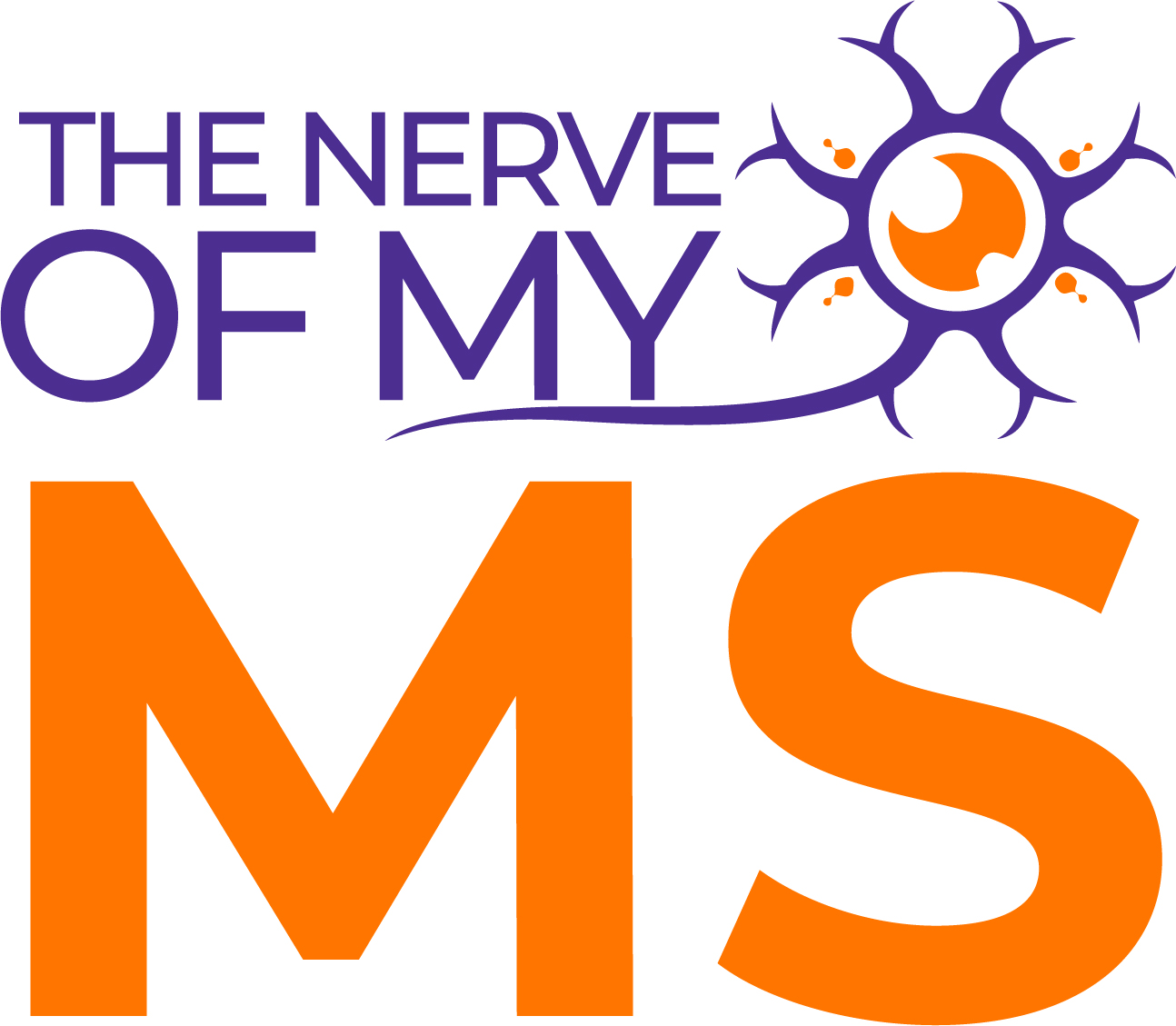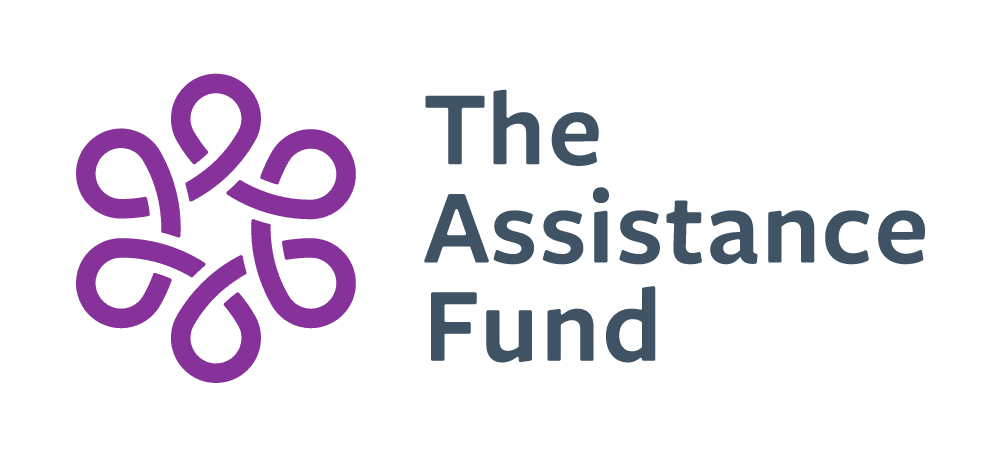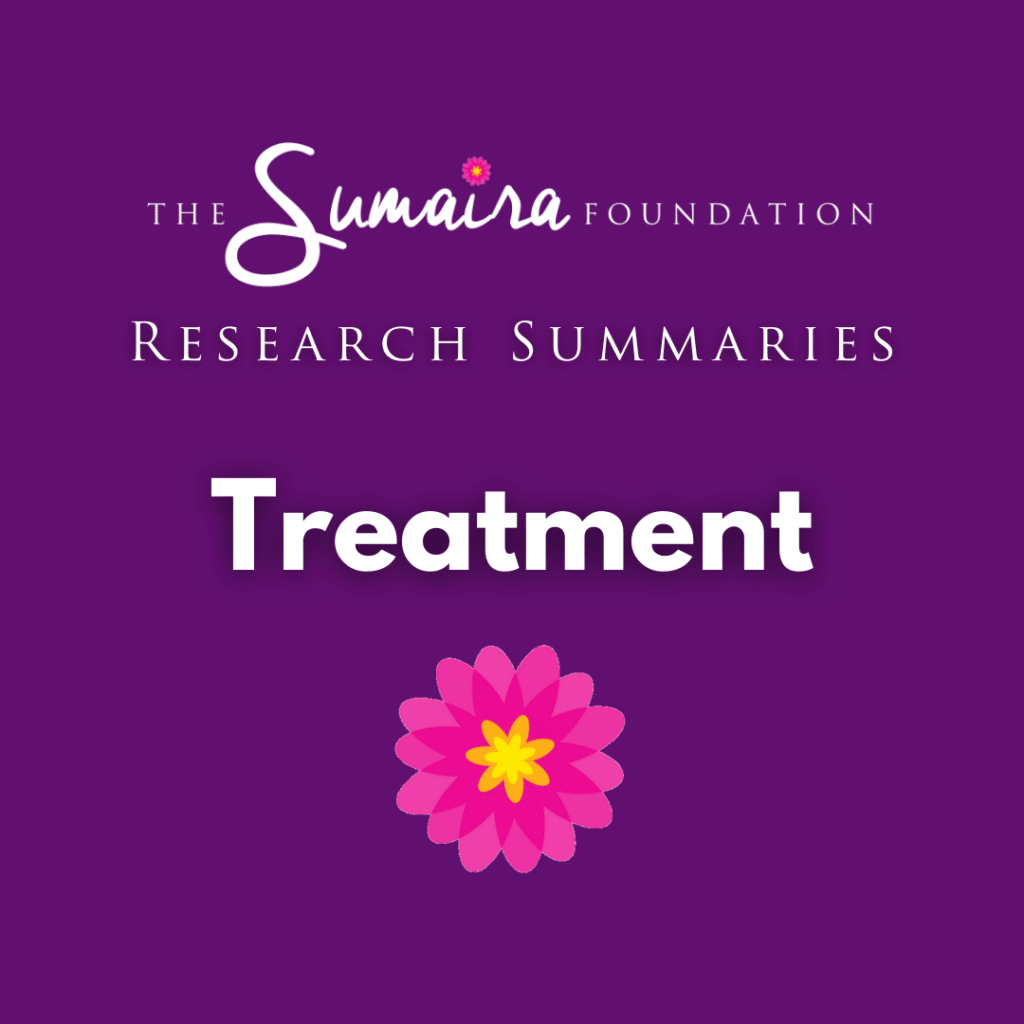
Inebilizumab for the treatment of neuromyelitis optica spectrum disorder (N-MOmentum): a double-blind, randomised placebo-controlled phase 2/3 trial
Journal: The Lancet; September 5, 2019
Author(s): Bruce A C Cree, Jeffrey L Bennett, Ho Jin Kim, Brian G Weinshenker, Sean J Pittock, Dean M Wingerchuk, Kazuo Fujihara, Friedemann Paul, Gary R Cutter, Romain Marignier, Ari J Green, Orhan Aktas, Hans-Peter Hartung, Fred D Lublin, Jorn Drappa, Gerard Barron, Soraya Madani, John N Ratchford, Dewei She, Daniel Cimbora, Eliezer Katz; N-MOmentum study investigators
Clinical trial paper of Inebilizumab for the treatment of NMOSD
This study was conducted prior to approval of inebilizumab, a recently approved disease-modifying therapy for NMOSD. This clinical trial study (called the N-Momentum study) assessed the efficacy and safety of inebilizumab in reducing the risk of attacks and disability in NMOSD. Between Jan 6, 2015, and Sept 24, 2018, 230 participants were recruited to the trial and randomly assigned to receive inebilizumab or placebo. The random assignment to groups was stopped before all participants were recruited because a clear efficacy benefit of inebilizumab over placebo was seen; 174 participants received inebilizumab and 56 received placebo. 21 (12%) of 174 participants receiving inebilizumab had an attack versus 22 (39%) of 56 participants receiving placebo. Adverse events occurred in 125 (72%) of 174 participants receiving inebilizumab and 41 (73%) of 56 participants receiving placebo. Serious adverse events occurred in eight (5%) of 174 participants receiving inebilizumab and five (9%) of 56 participants receiving placebo. Compared with placebo, inebilizumab reduced the risk of an NMOSD attack.
Free Access: Abstract only








